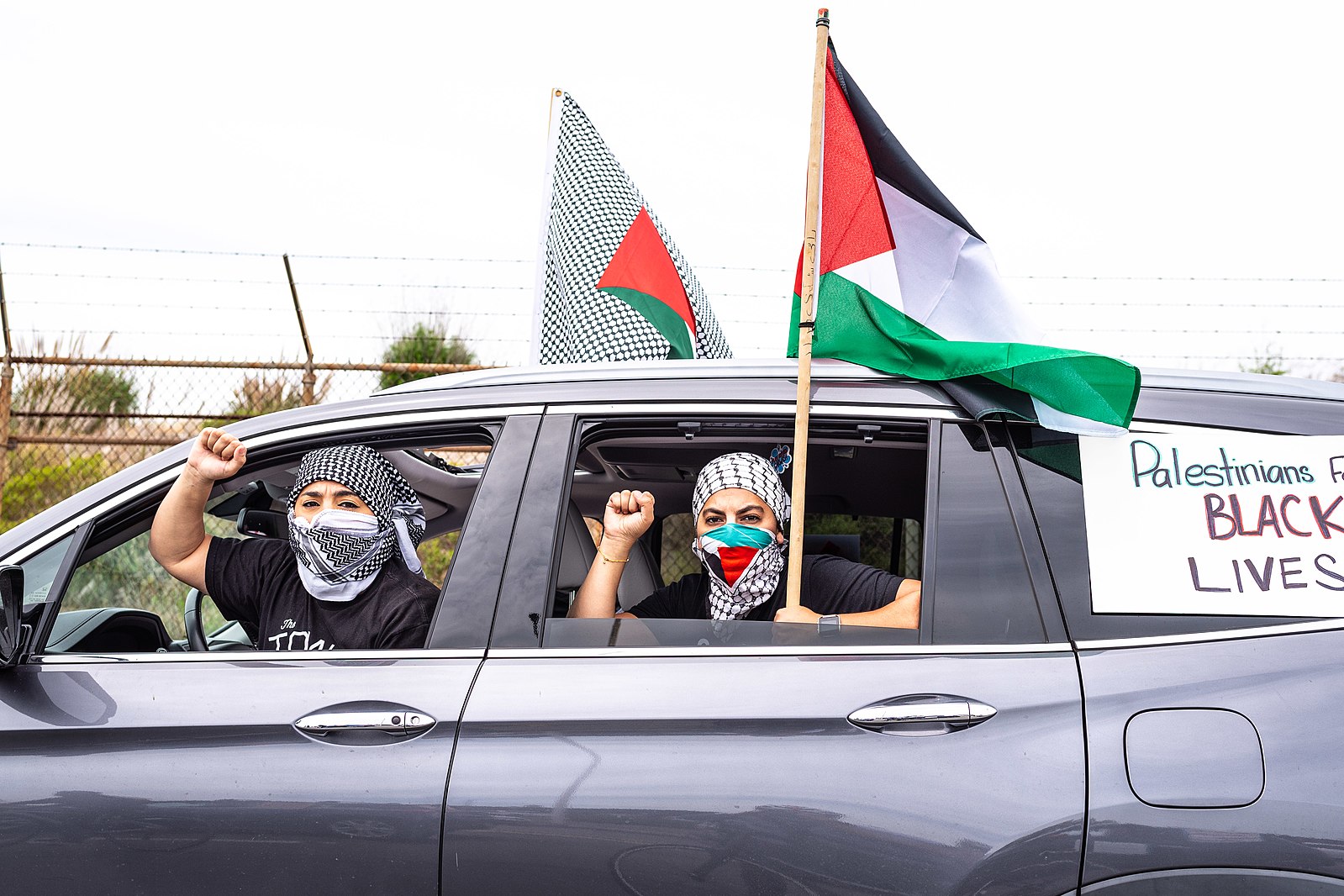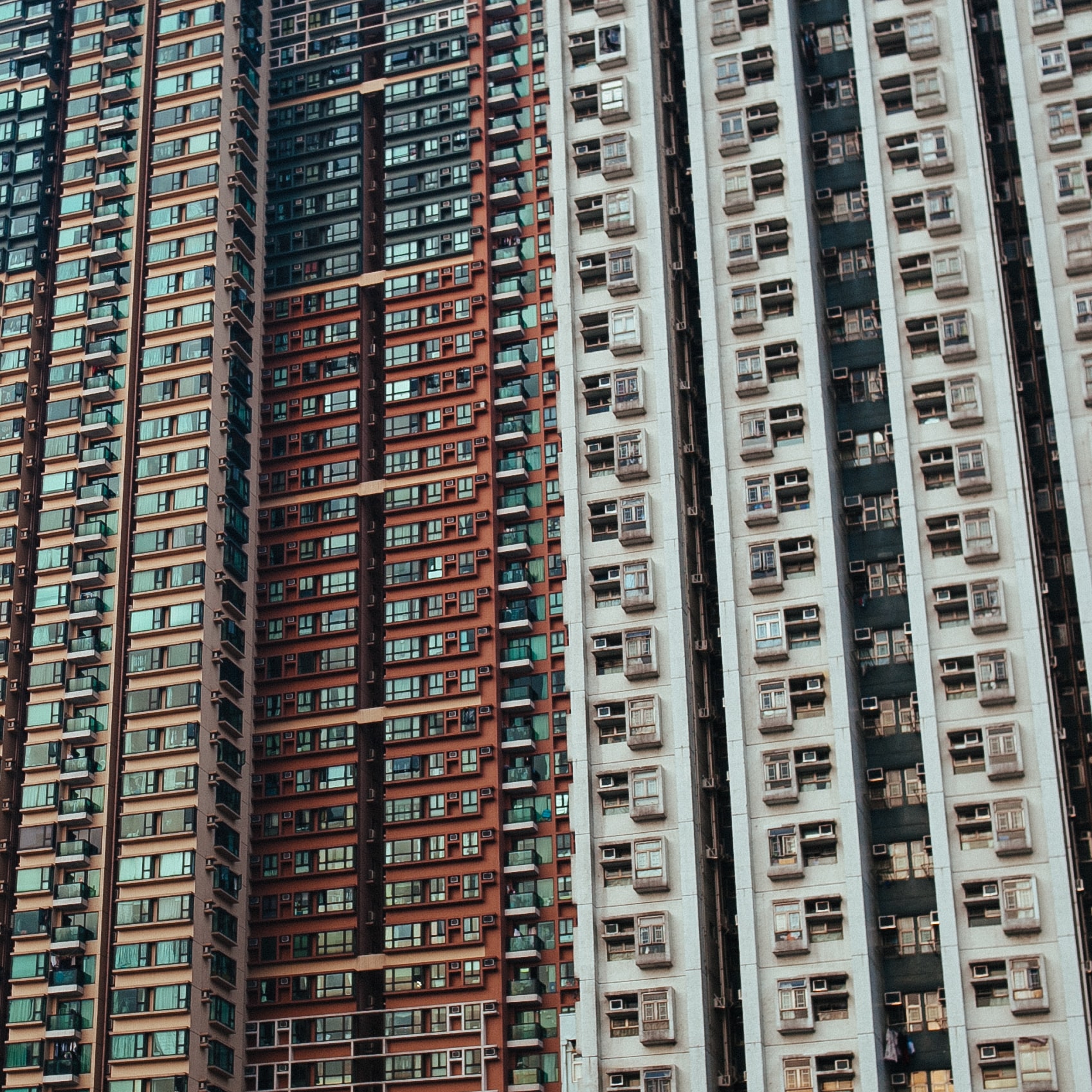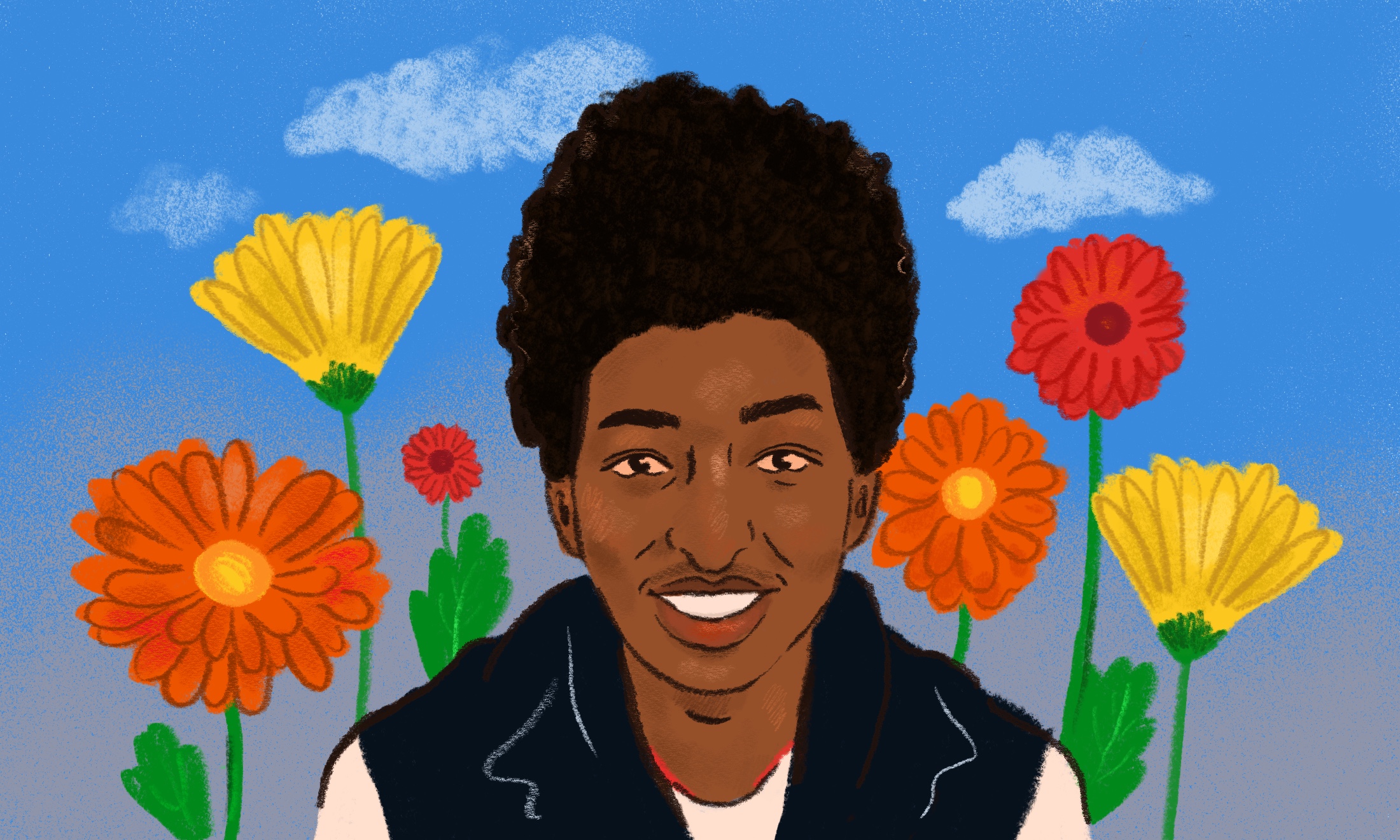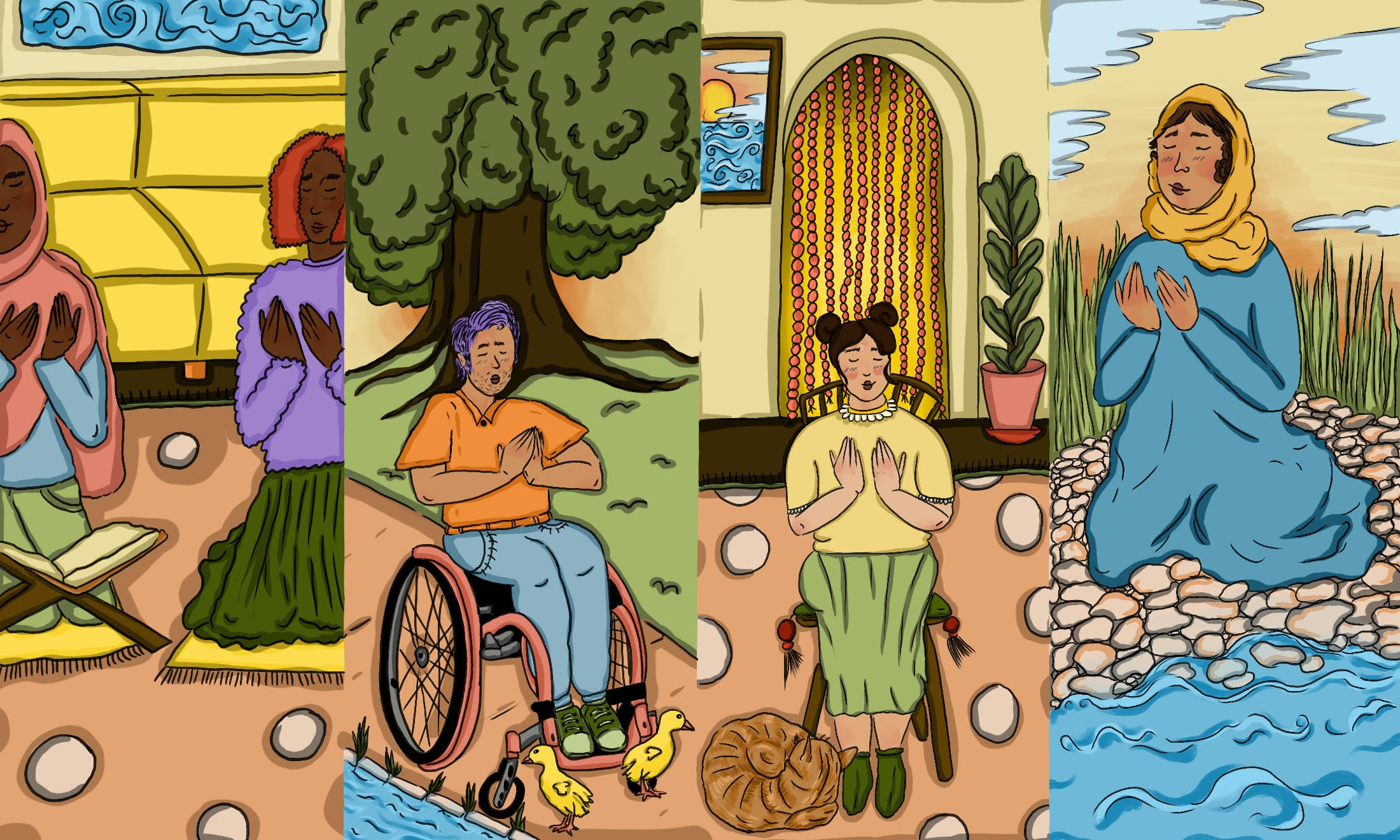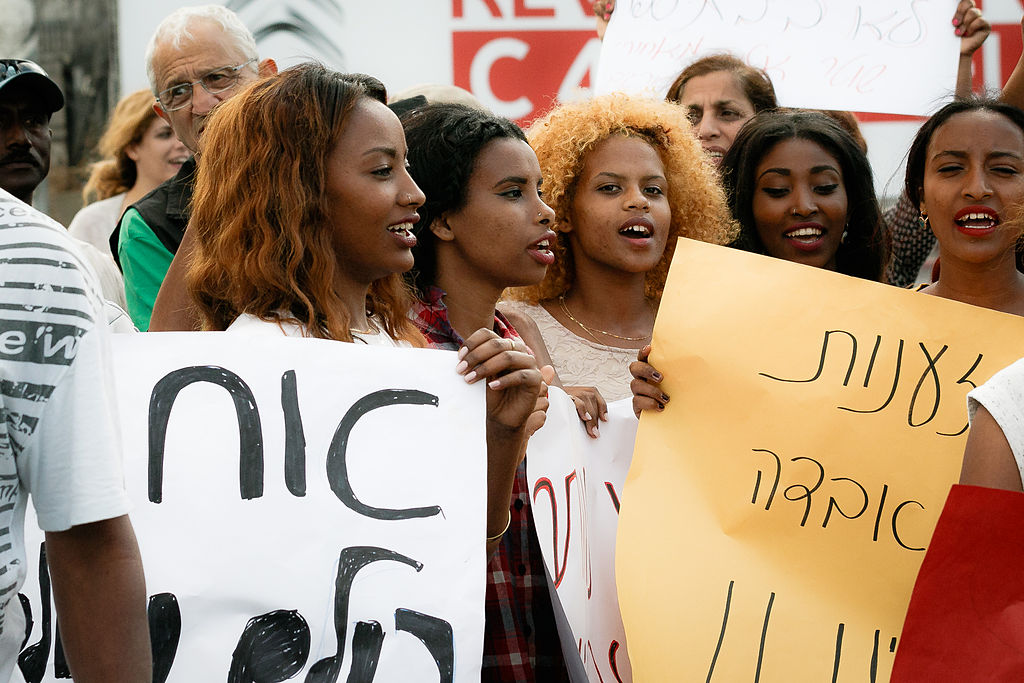
Israel’s treatment of Ethiopian migrants is part of a legacy of violent xenophobia
Victoria Basma
03 Oct 2018
Image by Harvey Sapir/Wikimedia Commons
In 2013, the Black Lives Matter movement was launched by three radical black organisers – Alicia Garza, Patrisse Cullors, and Opal Tometi – following the death of Trayvon Martin and the acquittal of George Zimmerman. The movement has since become a powerful platform, and safety and justice for black communities continue to be a topic of conversation within media space and political debates. At the same time as the US-centric movement for black lives was gaining traction, across the Atlantic black Ethiopians were quietly struggling for their right to exist without a hashtag to give a platform to their experiences. In transit camps across Ethiopia, women seeking refuge in Israel were being sterilised without their consent.
In a television exposé by journalist Gal Gabbay, Ethiopian women reported being forced or coerced into receiving inoculations, which in fact turned out to be the long-lasting contraceptive drug Depo-Provera. The Israeli government has so far refused to acknowledge wrongdoing, and in a statement written by the State Comptroller Joseph Shapira, it was stated that there was in fact “no evidence…for the claims raised [and] that shots to prevent pregnancy [were not] administered to Ethiopian women under pressure or threats, overt or covert, in any way that was improper.” The systematic sterilisation of certain groups has historically been used as a weapon of violent discrimination, including during the Holocaust.
“In an effort to completely remove Ethiopian, Sudanese and Eritrean refugees the state warned that it would enact a spate of mass deportations”
Today, the Israeli government continues to demonise this community and in an effort to completely remove Ethiopian, Sudanese and Eritrean refugees; earlier this year, the state warned that it would enact a spate of mass deportations in the coming months. Although similar threats have been made in the past against African migrant communities, these assertions now have increased potency as the Israeli government have recently passed a new law that centres around the Zionist ideology of an “exclusive right to self-determination” within Israel. Whilst Israel’s prime minister Benjamin Netanyahu has defended the law, claiming that it in fact merely determines “Jewish settlement as a national value”, others recognise the decision as plainly discriminatory. The Times of Israel quoted Rick Jacobs, President of the Union for Reform Judaism, as saying that the decision undermined the legitimacy of Israel as a democratic state; although arguably the democracy of Israel has been largely farcical due to more than half a decade of ethnic cleansing. The same law also downgrades Arabic as an ‘official language’ to a language with ‘special’ standing.
Whilst Israel is currently home to approximately 38,000 African migrants, and has a general population that includes large communities of colour, the state’s long-running legacy of violent xenophobia and effective apartheid does indeed plague any modern conception of it as a functioning democracy. In August of this year, black students taking part in a government programme to study Agriculture were ousted from their host town of Avshalom because residents feared that the group were inclined to rape, murder and steal from the community. This follows on from Israel’s chief rabbis Yitzhak and Yosef in March referring to black people as “monkeys” and Israeli MP Oren Hazan stating in an interview in July that the African community had “no culture”, and that the government needed to “destroy the problem [of migrants] when it’s still small.”
“Commonly described as ‘Falashas’ or ‘strangers’, black people in Israel are no strangers to this feeling of perpetual purgatory”
In an article for Haaretz earlier this year, journalist Efrat Yerday described her black Jewish identity within Israel as being ‘terribly confusing…because racism based on skin colour does not differentiate between citizens and non-citizens, [or] Muslims and Jews’. It is a system that is just ‘instinctively against blacks.’ Commonly described as ‘Falashas’ or ‘strangers’, black people in Israel are no strangers to this feeling of perpetual purgatory.
In 1975 following the Ethiopian Civil War, 2 million Ethiopians fled to refugee camps in Djibouti, Somalia and Sudan with the intent of eventually finding a new home in Israel. Many of those refugees were left to die of disease and starvation before the Law of Return was finally applied and 10,000 Ethiopian Jews were airlifted out during Operation Moses in 1985, and a further 14,500 during operation Solomon in 1991. The rest were left to face violence or death, or opt for conversion or dispersal. In 2015, the Israeli government pledged to bring in the remaining refugee population, but with only 1,300 refugees admitted, these promises seem little more than lip service.
The African community in Israel continues to experience a type of piecemeal migration that has seen 783 Ethiopian Jews remaining in Ethiopia, separated from their children and over 2,000 from their parents or siblings. The African people that work and live in Israel do so in the hope of eventually being accepted within the wider community. However, an individual’s willingness to integrate within a racist apartheid regime is unlikely to end in acceptance. The Israeli government not only continues to practice cruel and unusual punishments against this population, in line with their decades-long abuse of Palestinians but does so under the guise of protecting the state’s identity and Jewish values.

